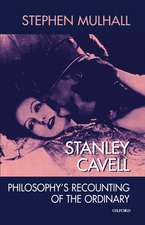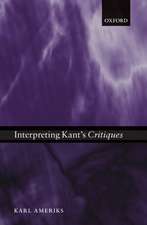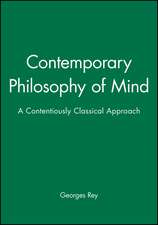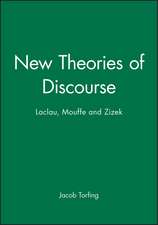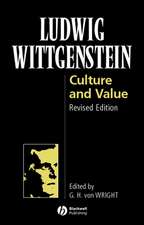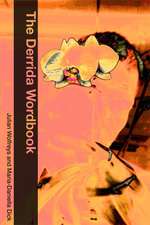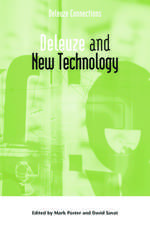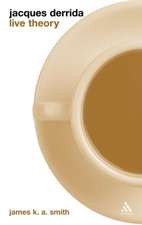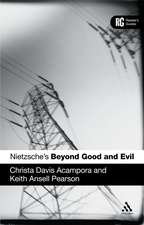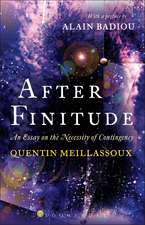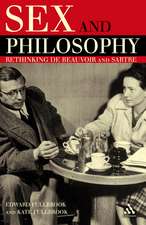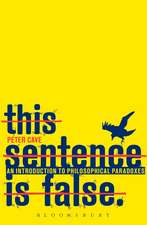Jacques Ranciere: Education, Truth, Emancipation
Autor Professor Charles Bingham, Professor Gert Biestaen Limba Engleză Paperback – 25 aug 2010
| Toate formatele și edițiile | Preț | Express |
|---|---|---|
| Paperback (1) | 261.15 lei 6-8 săpt. | |
| Bloomsbury Publishing – 25 aug 2010 | 261.15 lei 6-8 săpt. | |
| Hardback (1) | 946.53 lei 6-8 săpt. | |
| Bloomsbury Publishing – 25 aug 2010 | 946.53 lei 6-8 săpt. |
Preț: 261.15 lei
Preț vechi: 338.13 lei
-23% Nou
Puncte Express: 392
Preț estimativ în valută:
49.97€ • 52.18$ • 41.26£
49.97€ • 52.18$ • 41.26£
Carte tipărită la comandă
Livrare economică 16-30 aprilie
Preluare comenzi: 021 569.72.76
Specificații
ISBN-13: 9781441132161
ISBN-10: 1441132163
Pagini: 176
Dimensiuni: 138 x 216 x 15 mm
Greutate: 0.22 kg
Editura: Bloomsbury Publishing
Colecția Continuum
Locul publicării:London, United Kingdom
ISBN-10: 1441132163
Pagini: 176
Dimensiuni: 138 x 216 x 15 mm
Greutate: 0.22 kg
Editura: Bloomsbury Publishing
Colecția Continuum
Locul publicării:London, United Kingdom
Caracteristici
Demonstrates how central Rancière's educational thought is to the overall trajectory of his philosophy.
Cuprins
1. On Ignorant Schoolmasters, by Jacques Rancière \ 2. A New Logic of Emancipation \ 3. The Figure of the Child in Rancière and Paulo Freire \ 4. Inclusion in Question \ 5. Recognition's Pedagogy \ 6. Truth and Emancipation \ 7. Learner, Student, Speaker \ 8. Conclusion: The World is Not a School \ Bibliography \ Index.
Recenzii
"By showing how the relationship between education and emancipation can be thought of as political, rather than psychological or sociological, Bingham and Biesta put into question many received educational ideas, for example about what 'school improvement' means and what is involved in 'inclusive pedagogy'. The book's argument and experimentations with concepts such as 'police', 'politics' and 'disagreement' vividly portray the relevance of Ranciere's thought for contemporary education practice, policy-making and philosophy." - Caroline Pellatier, Institute of Education, University of London, UK






